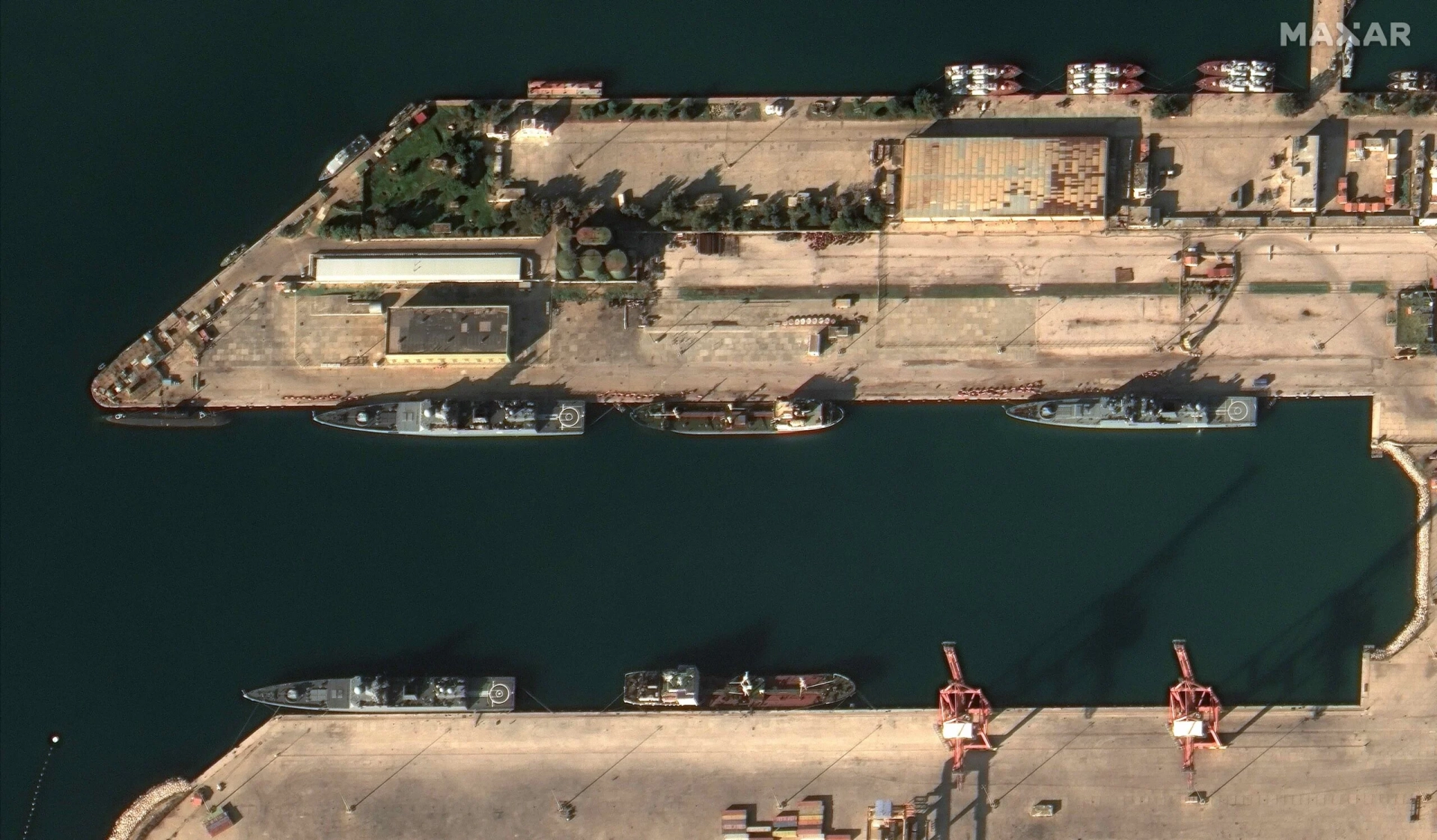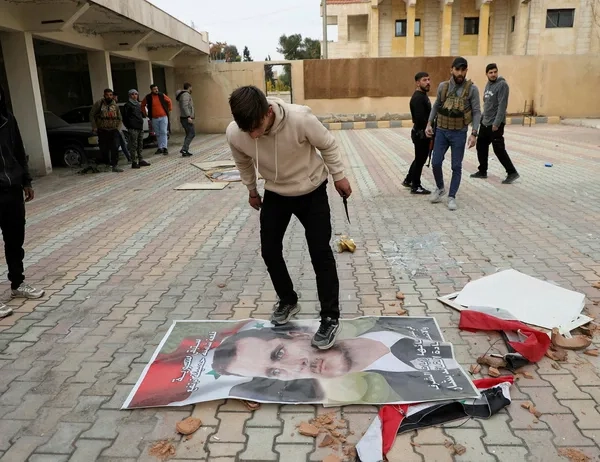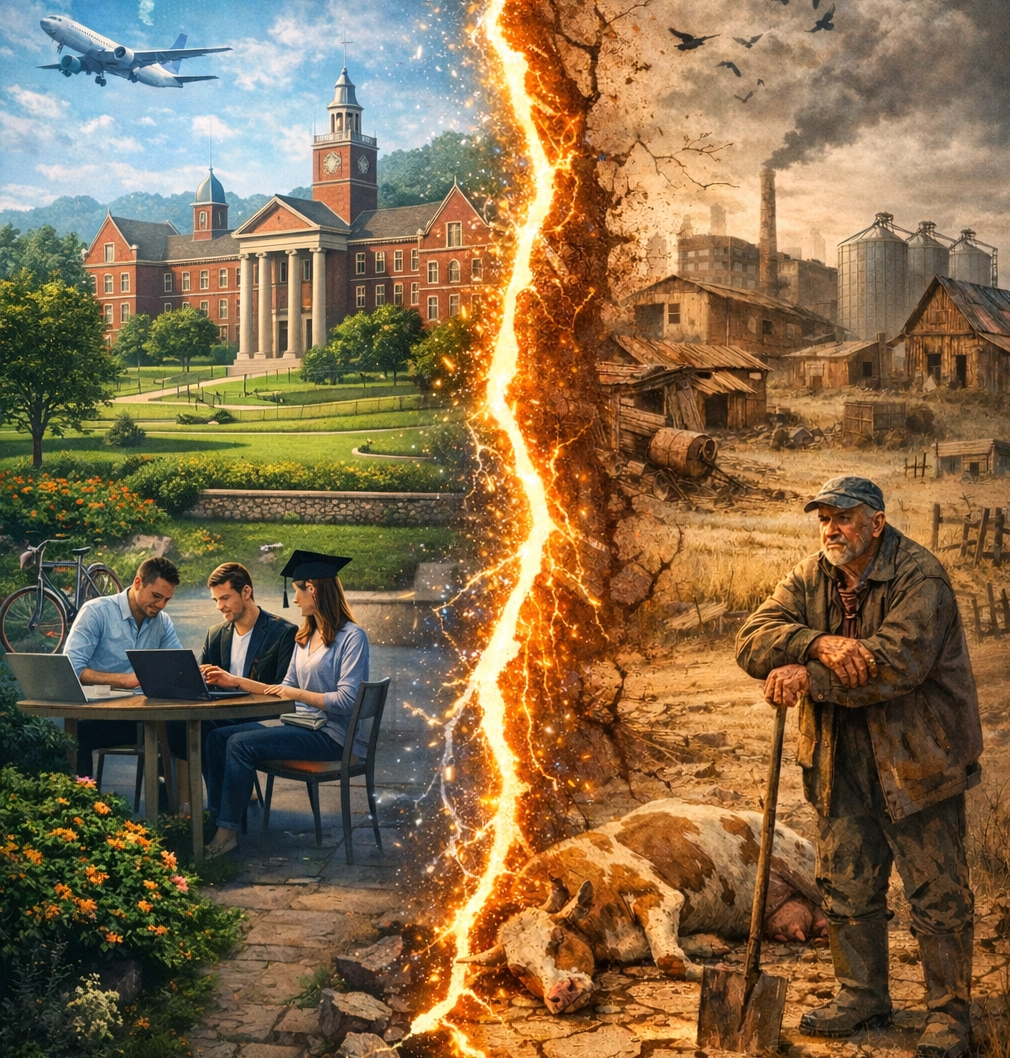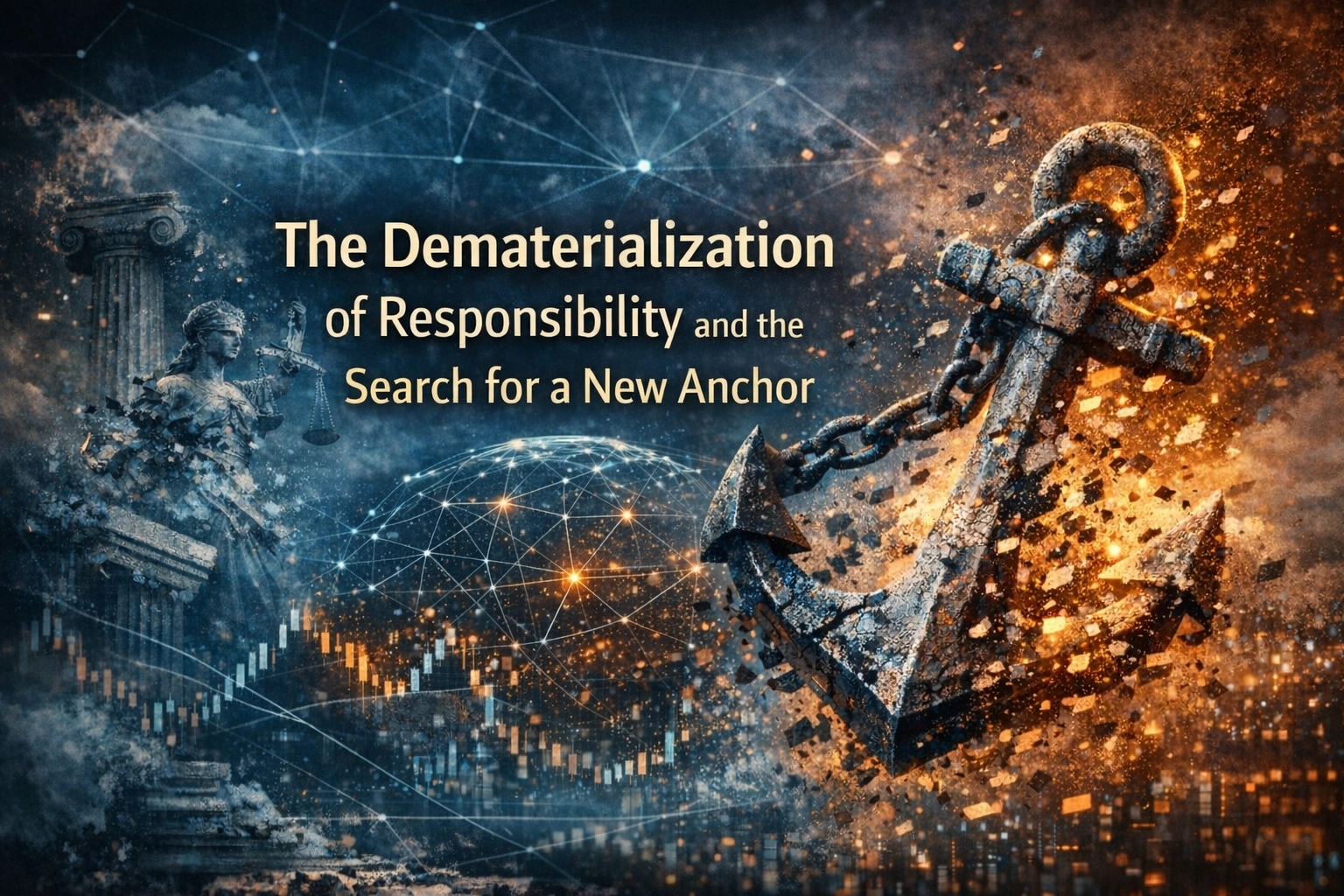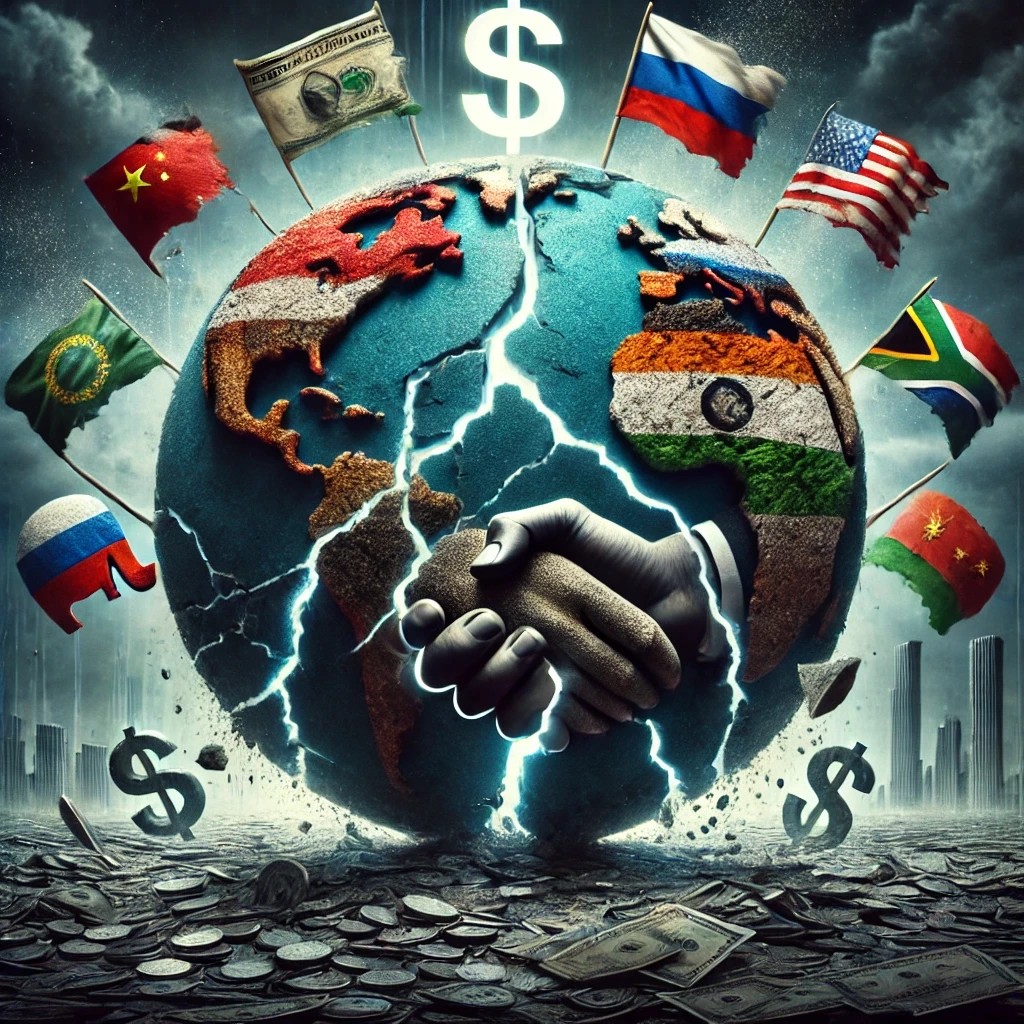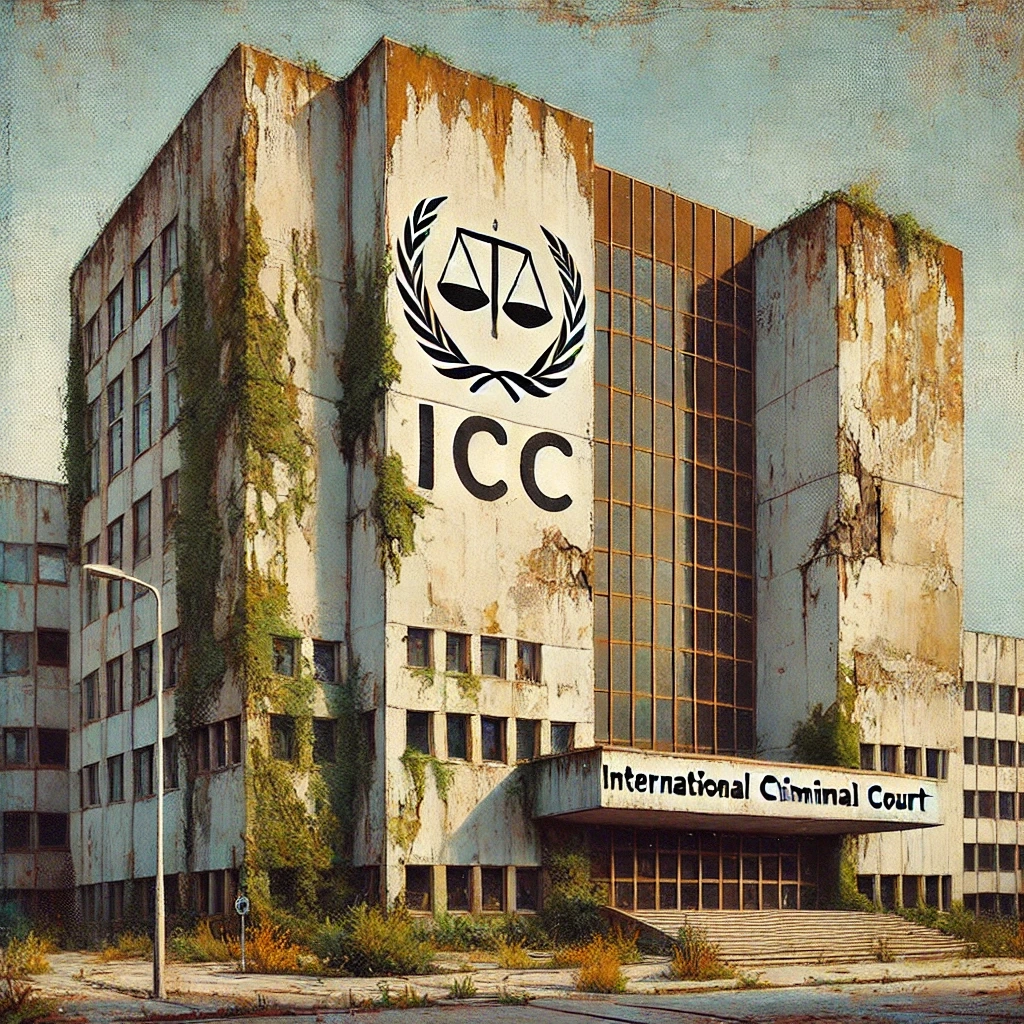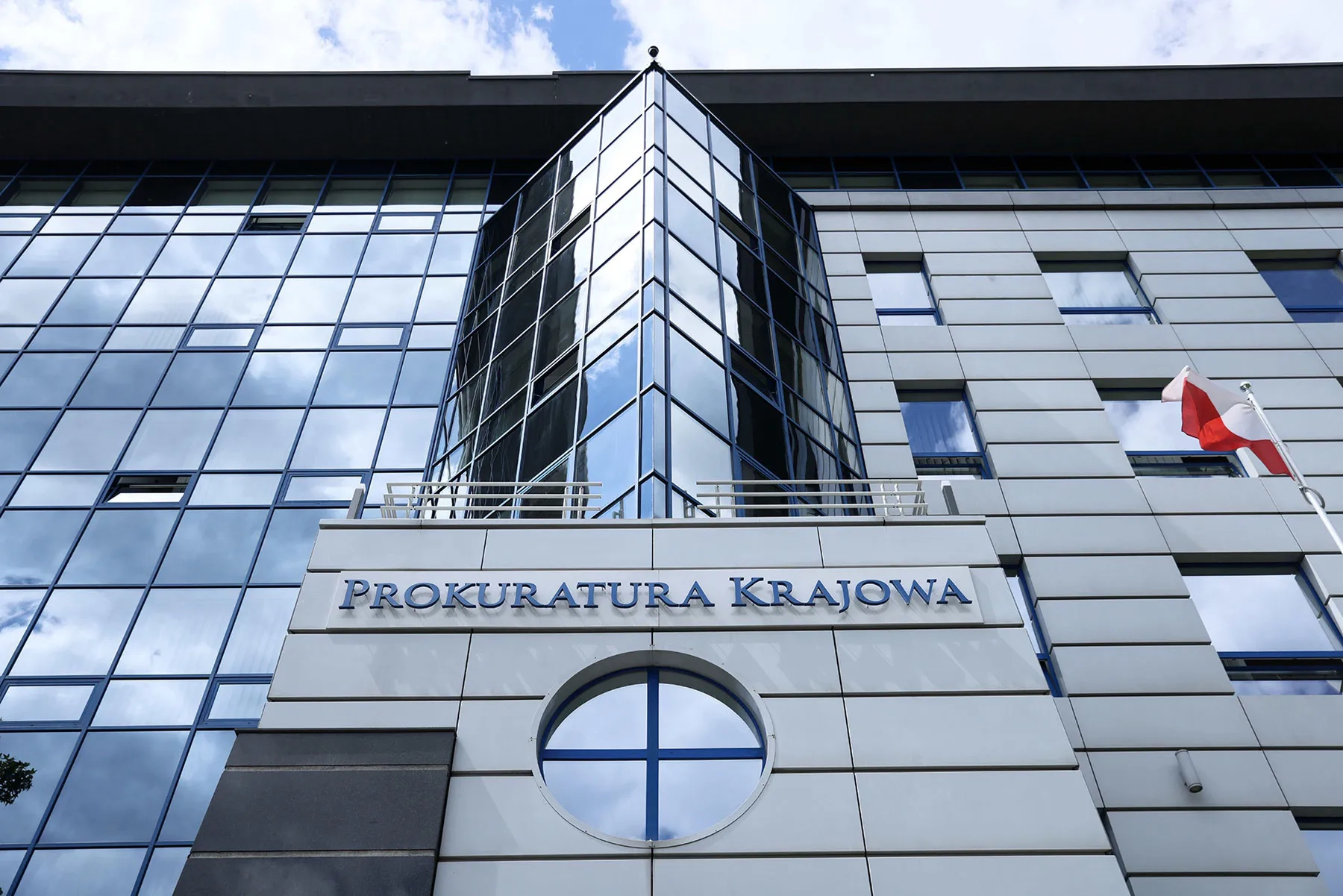The Fall of Assad's Regime
The fall of Assad's regime marks a significant political shift not only in Syrian history. After his flight from Damascus and reports of his cousin’s execution by hanging in a public square, the leadership of the once-persecuted opposition has focused on holding those responsible for crimes against humanity—killings and torture—accountable.
A pivotal step in this process was yesterday’s decision by the U.S. Attorney General to charge two former officials of Syria’s Air Force Intelligence. Jamil Hassan and Abdel Salam Mahmoud stand accused of overseeing brutal torture at the Al-Mazzeh Military Airport prison from 2012 to 2019. This is just the beginning of efforts to prosecute criminals responsible for widespread human rights violations, sending a clear message: crimes against humanity have no statute of limitations.
A Landmark Precedent
The U.S. decision carries far greater weight than those of the International Criminal Court (ICC), which often struggles to enforce its rulings even in member states. Most Arab countries, meanwhile, do not recognize the ICC’s jurisdiction, making them potential havens for individuals pursued by The Hague.
However, nations like Qatar, Kuwait, and the United Arab Emirates (UAE), despite ignoring the ICC, cannot disregard U.S. legal actions due to the risk of severe sanctions. Qatar, for instance, faced such pressure for harboring organizations deemed extremist, prompting compliance with American demands to freeze accounts and expel individuals suspected of terrorist ties.
The U.S. Attorney General’s decision is also crucial because America has the tools to freeze and recover stolen assets, ensuring that misappropriated funds are returned to the people. Neither Qatar nor the UAE, often seen as financial safe havens, are likely to offer protection to individuals involved in crimes against humanity. Instead, they are expected to expel such individuals, freeze their assets, or repatriate funds to their countries of origin.
Accountability for Crimes
The Syrian opposition, now in power, has made it clear that accountability for crimes is its top priority. The publication of “List No. 1,” containing the names of high-ranking officials suspected of crimes against humanity, marks the beginning of systematic efforts to bring perpetrators to justice. Rewards have been announced for information about those involved in atrocities, and the U.S. decision will spark international cooperation in tracking and prosecuting Syrian criminals.
The opposition stated, “We will pursue war criminals and demand their deportation from the countries where they have found refuge, so they may face justice.” The prosecution of key Assad regime operatives, based on charges filed by the U.S. Attorney General, serves as a guarantee that criminals will not escape justice, no matter where they try to hide.
A Warning to Enforcers of Criminal Orders
The international prosecution of Assad regime officials serves as a warning to enforcers of illegal orders in other parts of the world. While Assad and his family might seek refuge in Moscow, where they can secure protection, many others who couldn’t board the plane will find no one to shield them. Even if they are not extradited (as Islam prohibits handing over guests), they will likely be “politely requested” to leave the country, only to face arrest at a border and eventual trial in the country where their crimes were committed. There, they will likely be treated as they treated others when in power—an “eye for an eye.”
Many of them might even hope for an arrest warrant from the ICC, as being transferred to The Hague could be far preferable to ending up in detention centers like Okrestina or Sednaya prisons, notorious for their inhumane conditions and systematic use of torture.
The Fight for the Future
Today’s struggle is not merely about Syria’s future—it is a fight to show the world that crimes against humanity will never go unanswered.
The actions of Syria’s new leadership should serve as a warning to those currently committing atrocities in Belarus: torturing prisoners, fabricating criminal cases, meting out sham verdicts, or justifying such crimes through propaganda.
They will find no refuge, whether in the West, Latin America, where most countries have ratified the Rome Statute, or the Arab world, dependent on the U.S. Even China or Vietnam, unwilling to jeopardize relations, will comply with extradition requests.
Those who took to the streets in 2020 were naive, pure, and hopeful for a better future. Having endured prisons, beatings, and suffering, they have emerged as a different people—sober, hardened, and steeled by adversity. A society that has endured years of terror will not immediately reconcile with its oppressors.
Justice and Liberation
Therefore, unfortunately, violence may be inevitable. Those released from prisons will harbor deep resentment toward their tormentors. This sentiment will be impossible to suppress among those who endured torture, humiliation, and loss of health, loved ones, or future prospects. Their rage, born of injustice, will inevitably shape Belarus’s future, just as it is reshaping Syria’s today.
However, society as a whole does not desire violence; it seeks justice for those responsible for today’s crimes. And that day will surely come. Joy will return to our homes. We will see Belarusians freed from prisons, returning to their homeland, and celebrating freedom as Syrians do today.
Then, the words of the Bible will come to life: “The first shall be last, and the last shall be first.” May all who have suffered for freedom and dignity find justice and the opportunity to live, create, and thrive in a free and independent Belarus.
Light at the End of the Tunnel
The laws of society, like the laws of physics, are universal because human nature is unchanging. The day justice prevails will come. We will witness our compatriots walking out of prisons, greeted by family, friends, and all Belarusians with joy and open arms. There will be flowers, celebrations, champagne (and perhaps something stronger) on every square and street of our beloved country. And we will see long queues of hundreds of thousands of Belarusians returning to their homeland.
This is what we see today in Syria. And a similar, if not identical, fate awaits Belarus.
